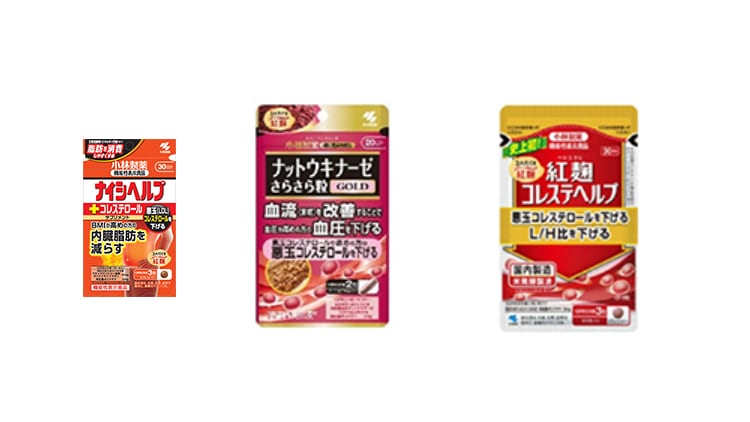Earlier, Vietnam’s prime minister Phạm Minh Chính had ordered a review of functional food advertising in response to the industry’s bid to tighten control on problematic advertising across different mediums.
However, much of the problems have stemmed from online advertisements, especially those on social media platforms TikTok and Facebook.
This is less so for the traditional media, such as radio, TV, newspaper, and billboards, Hoang Le, sales and research manager at consultancy firm B&Company Vietnam told NutraIngredients-Asia.
Citing information from The Vietnam Association of Functional Foods (VAFF), he pointed out that 80 per cent of the online advertisements on social media platforms on functional foods were false advertising.
Some of the common issues include causing consumers to confuse the functional food as medicines, making exaggerated or unsubstantiated claims.
Others include using prohibited images in the advertisements, including pictures of doctors, healthcare workers, patients, or advertising content that is inconsistent with what was approved by the authorities.
The rise in fake online advertisements has coincided with the boom in social and e-commerce, where there are cases of sellers bypassing the law in a bid to boost product sales, said Le.
“Right now, online businesses, especially on the e-commerce platforms and social networking platforms are becoming a very hot trend.
“Many individual sellers are trying to boost their sales on those platforms, and many have ignored the ethical standards or have tried to bypass the law. The online environment is also difficult to control,” said Le.
Entering Vietnam two years ago, TikTok Shop said on April 12 that impressive revenue growth had been seen in categories such as mother and baby, electronics, and household appliances.
Last year, the number of sellers who “maintained stable gross merchandise value” (GMV) had tripled, while number of views for livestreaming and short videos had increased 12 times, said TikTok.
Like advertisements posted on traditional media, online functional food advertisements must also obtain the Certificate of Food Product Advertisement Content from the Vietnam Food Safety Authority prior to their posting.
Before applying for this certificate, applicants also have to secure the certificate demonstrating the quality, hygiene, and safety of their functional food products from the National Institute of Nutrition.
To obtain the Certificate of Food Product Advertisement Content, applicants need to submit their name, address, name of the functional foods, the main functions and side effects of the products.
While fake online advertising could be seen across the board, products targeted at bone and joint health, weight, and skin health tend to see more of such cases. This is because there is a higher demand for such products, said Le.
This is also the case for products targeted at vulnerable consumer groups, such as the diseased population desperate for a cure or solutions, he added.
Loopholes and grey area
On the other hand, there are regulatory loopholes that have made it challenging to control online advertising.
For example, Le pointed out that the creation and distribution of online videos containing functional foods advertisements may not be fully and strictly monitored under the Law of Advertising.
“If you create a video and share it on your Facebook or on YouTube, it's very difficult to categorise if it's a just one personal video or is an advertisement, and there’s a regulatory loophole here.”
Second, there is a lack of control over the promotion of functional foods by influential celebrities and KOLs.
While the Law on Advertising states that KOLs with 500k or more followers must show concrete evidence of them directly using the products that they are promoting, there is still a lack of specific guidelines on what qualifies as evidence.
Third, it is also difficult to determine if product recommendations made by a KOL should considered as an outright advertising or simply an expression of their personal feeling.
VAFF introduces code of ethics
The VAFF has put up a code of ethics in May to address the issue of problematic advertisements.
The code of ethics look at advertisements from four dimensions, namely 1) false, deceptive advertising, 2) exaggerated advertising, 3) misleading and ambiguous advertising, and 4) advertisements targeting vulnerable groups – including cancer patients and people with serious illnesses.
The association presented the code of ethics at a seminar on Ethics in Functional Food Advertising on May 29, which was attended by the Ministry of Information and Communications.
Speaking at the seminar, Deputy Minister Nguyen Thanh Lam said that the issue of fake advertising of functional foods has been a burning issue recently.
Some solutions proposed include introducing a traffic light system for product advertising. For example, products that are rated green are those that did not violate the regulations, including advertising rules, and will be recommended for use by the VAFF.
Meanwhile, products rated red are those have violated regulations and consumers will be advised to exercise caution when using them.





